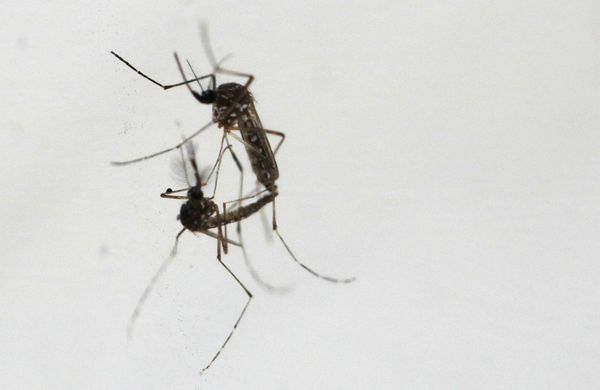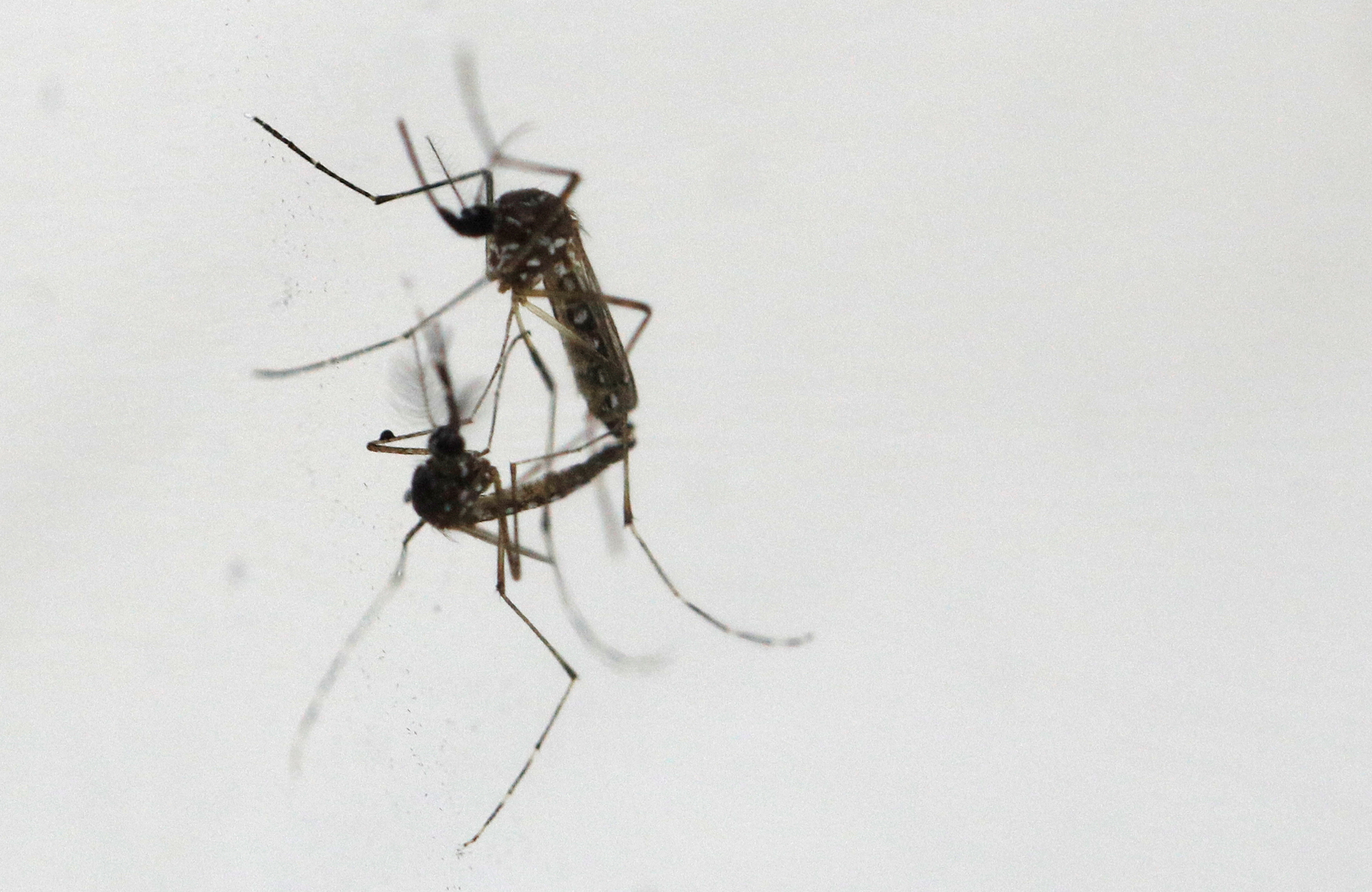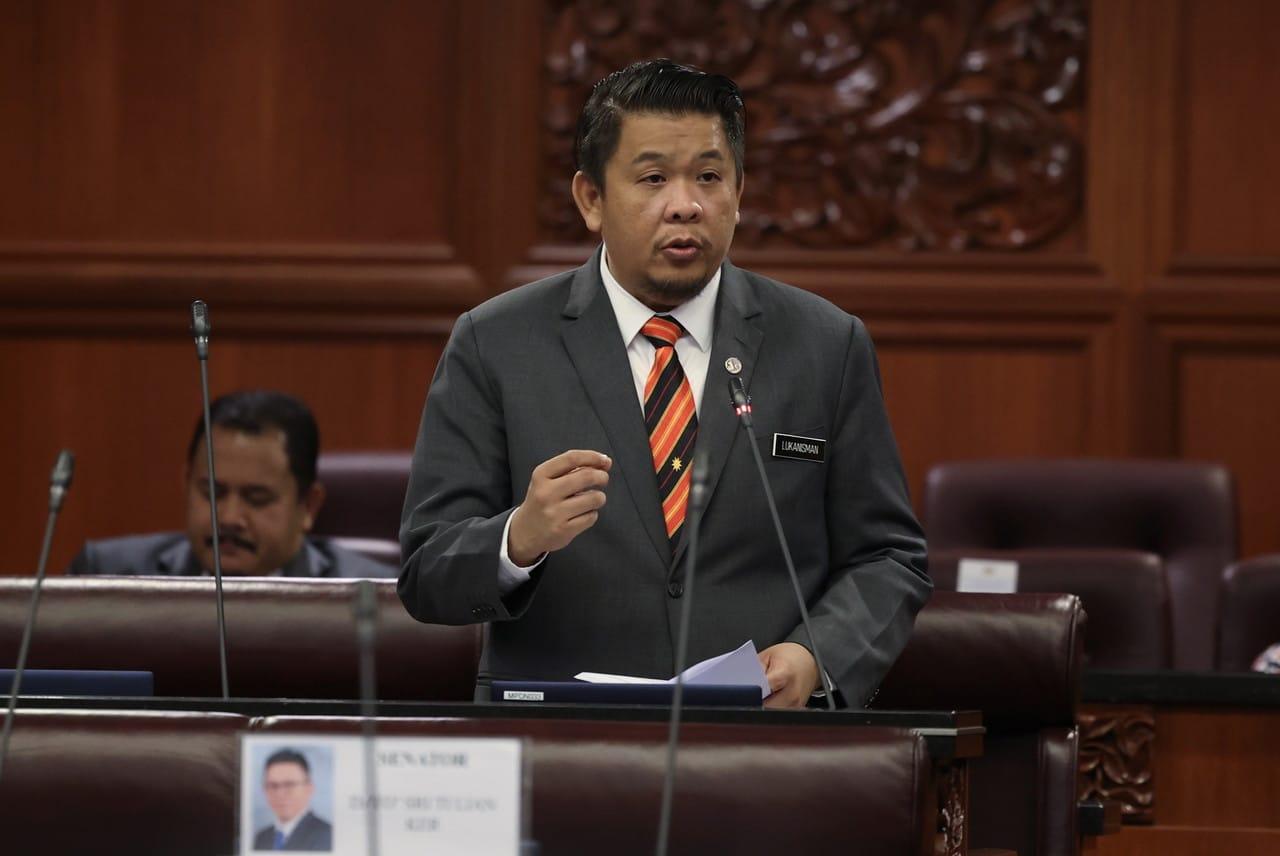KUALA LUMPUR, Aug 28 — The release of mosquitoes infected with Wolbachia, under a programme implemented by the Health Ministry (MOH), has shown promising results in curbing dengue transmission nationwide, the Dewan Negara was told today.
Its preliminary data indicated case reductions of up to 100 per cent in several participating localities.
Deputy Health Minister Datuk Lukanisman Awang Sauni said that, based on six years of evaluations, 20 of the 45 released localities or 44.4 per cent of those that completed a two-year Wolbachia Aedes mosquito release reported a reduction in cases ranging from 45 to 100 per cent.
25 other localities still require a monitoring period of at least two years before further assessment.
“Research on Wolbachia began in 2017 and became officially operational in 2019. To date, 60 localities have participated in Wolbachia Aedes mosquito releases, including 15 study localities and 45 operational release sites.
“Data analysis from the study localities shows that the Wolbachia release intervention has achieved an effectiveness of 60 to 80 per cent in reducing dengue incidence in areas where Wolbachia mosquitoes were released,” he said in response to Senator Dr Lingeshwaran Arunasalam's query.
Lukanisman added that a cost-effectiveness analysis of the programme is being conducted by the Institute for Health Systems Research under the National Institutes of Health (NIH), with results expected in March next year.
However, the study only compares the cost-effectiveness of the programme against existing dengue control measures and does not include a comparison with the National Immunisation Programme (NIP) using dengue vaccines.
“Since NIP with dengue vaccines has not yet been implemented in Malaysia, a comparison of cost-effectiveness data between operational Wolbachia Aedes releases and dengue vaccines cannot be made.
“To date, only Brazil has introduced Qdenga under its National Immunisation Programme since 2024. However, the Brazilian Ministry of Health has not yet published reports on Qdenga’s effectiveness,” he said.
On whether the government is considering a combined strategy of mosquito control and vaccination to reduce dengue cases, the deputy minister said the government plans to introduce the Qdenga vaccine, but its effectiveness and cost are still being studied.
Currently, the market price of Qdenga in Malaysia is around RM400 to RM450, a cost still considered high for large-scale implementation.
“The World Health Organisation (WHO) recommends that Qdenga should only be considered in countries with high dengue transmission, where infection rates exceed 60 per cent by age nine or hospitalisation peaks for dengue occur under age 16. In Malaysia, these criteria have not yet been met,” he said.
Lukanisman noted that the cost of one Wolbachia mosquito is estimated at around 35 sen for a full release package, and the MOH is exploring public-private partnerships, including through corporate social responsibility (CSR) initiatives, to reduce financial burden and expand the programme’s impact.





